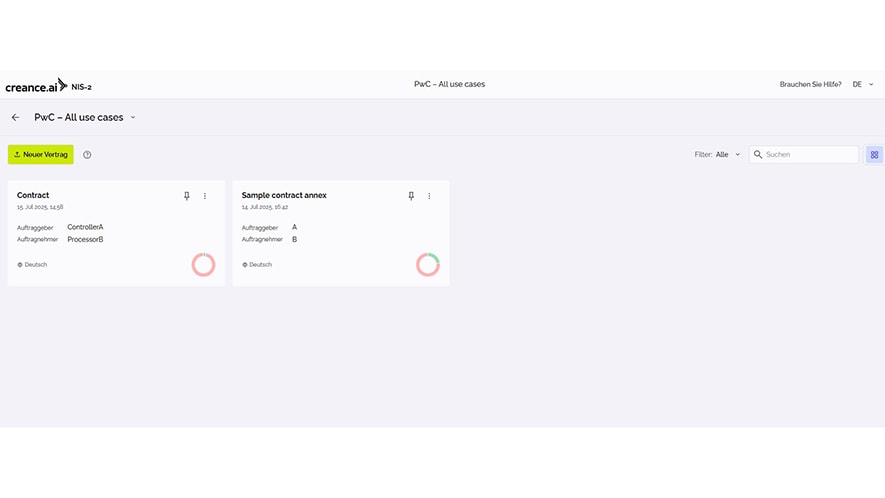NIS-2 Implementation
You are affected by NIS-2 and have already carried out a gap assessment – what now? The key challenge is to close the identified gaps systematically and in order of priority. This is exactly where we come in:
Based on the recommendations of ENISA and the results of your roadmap, we support you in implementing all necessary measures – strategic, organizational, procedural, and technical.
These include, among others:
- Establishing clear governance and accountability structures
- Establishing and implementing security policies and processes
- Technical measures such as monitoring, logging, incident response, and reporting in accordance with NIS-2
- Integration of supply chain and service provider requirements
- Implementation of awareness and training measures for employees
- Anchoring of business continuity and disaster recovery plans
The end result is the sustainable implementation of your roadmap, so that your company not only becomes formally NIS 2-compliant, but also achieves a higher level of maturity in cybersecurity – cost-effectively and in a practical manner.
More on defining areas of responsibility:
The increased requirements for risk management and resilience mean that your organization must be able to deal with risks and implement both damage prevention and damage minimization measures to reduce risks and impacts. Appropriate measures are expected in areas such as incident management, cybersecurity in supply chains, network security, risk management, access control, and encryption.
More on setting up reporting requirements:
Organizations must have procedures in place to ensure that security incidents are reported to the authorities in a proper manner. To this end, the four-stage reporting process must be followed: Stage 1 – early initial report, Stage 2 – confirmatory initial report, Stage 3 – interim report, Stage 3a – progress report, and Stage 4 – final report. Additional reporting for operators of critical facilities: Type of facility, critical facility or service affected, and the impact.
But do you know what constitutes a significant security incident? Who is responsible for reporting it? What needs to be reported? Do data protection officers and lawyers need to be involved in the reporting process? And how does their involvement jeopardize timely reporting? We can help you comply with the reporting procedure.












